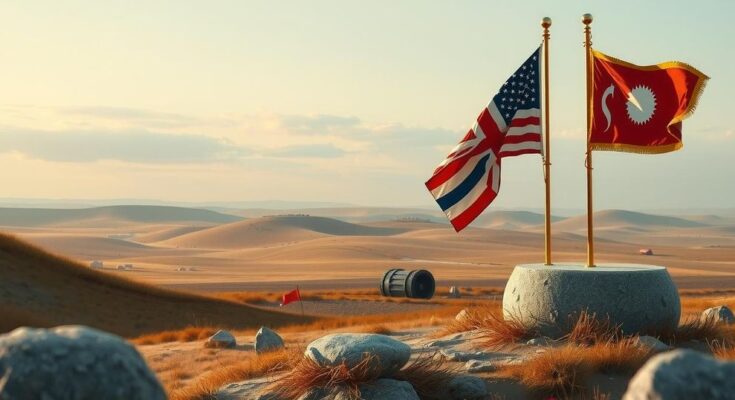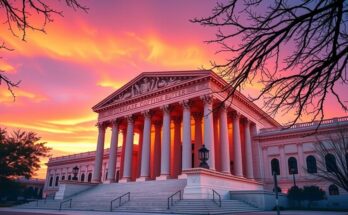Veteran criticises Hegseth’s focus on media, not warfare.
In a recent news conference that raised eyebrows, Defence Secretary Pete Hegseth took centre stage, directing his ire at the media’s portrayal of military operations targeting Iran’s nuclear facilities. Iraq War Veteran Paul Rieckhoff had some sharp words for Hegseth, stating he ought to focus on defeating real enemies instead of chastising journalists. “This reeks of ‘conduct unbecoming’,” Rieckhoff advised, slamming Hegseth’s prioritisation of media conflicts over more pressing national security matters. Following his comments, many have drawn comparisons between Hegseth’s approach and the conduct expected from leaders in challenging times.
Debate ignites over military transparency and leadership.
The outrage sparked by Hegseth’s media admonition isn’t just confined to veteran circles. Many commentators are weighing in, disputing whether it is fitting for a Defence Secretary to engage in such a public spat with the press, especially amid escalating global tensions. Rieckhoff articulated a sentiment echoed by many veterans who served in Iraq, stressing that it’s crucial for military leaders to channel their energy where it counts. This ongoing discourse highlights the tension between military transparency and national security. As calls to action grow, there is a palpable need for officials not to lose sight of their primary responsibilities in these uncertain times.
Calls grow for accountability from military leaders.
While media criticism is a part of political life, Rieckhoff’s comments underscore a broader concern: leadership during crises often requires humility and a focus on collective security. This incident can be seen as symptomatic of wider challenges within the administration, where clear communication is muddled by conflicts with the press. How military leaders engage with the media has consequences not just for public perception but also for the morale of those serving. Many veterans feel that addressing our enemies in a constructive manner should take precedence; lectures to reporters aren’t what they consider as crucial leadership. A push for greater accountability from public officials seems to be the takeaway for many watching these unfolding events closely.




